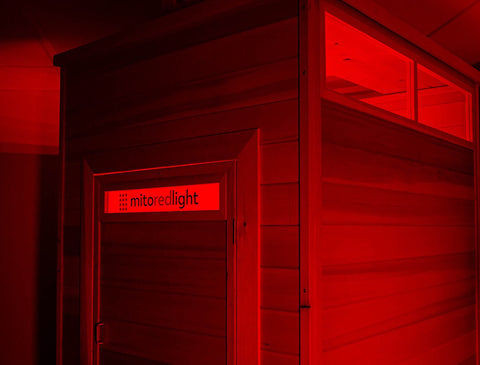Abstract
Background: Recent studies of photobiomodulation (PBM) in patients with cognitive or psychological disorders (including traumatic brain injury, stroke, and dementia) have yielded some encouraging results.
Objective: In this study, we aimed to investigate the effect of a single stimulation on memory in older adults with mild cognitive impairment (MCI).
Methods: After PBM, hemodynamic changes, as a measure of functional brain activity, were evaluated using functional near-infrared spectroscopy (fNIRS). Eighteen subjects who met the criteria of MCI were randomly assigned to control and experimental groups. A single real or sham PBM session was administered to the forehead of each patient in the experimental and control groups, respectively. All subjects performed a visual memory span test before and after the stimulation, and their hemodynamic responses during the tasks were measured using fNIRS.
Results: The results showed that among the MCI subjects, only those who received PBM, but not those who received the sham stimulation, demonstrated significant improvement in the visual memory performance and a reduction in the hemodynamic response during the tasks.
Conclusion: These findings suggest that PBM may reduce the cognitive efforts needed to complete tasks that require high memory loads, and thus improve the cognitive performance of individuals with MCI.
Keywords: Functional near-infrared spectroscopy; mild cognitive impairment; photoneuromodulation; visual memory.




















